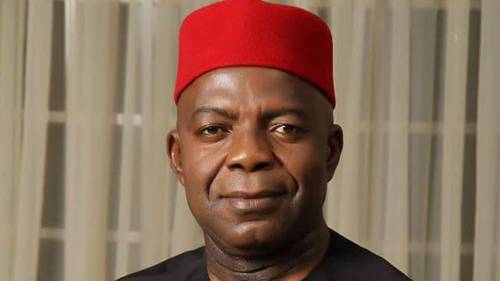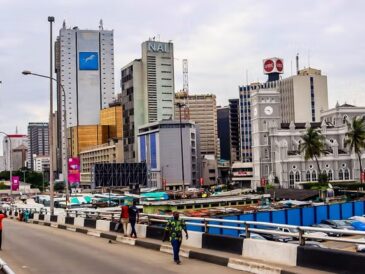Lagos, Sept. 9, 2024 – Agusto & Co, the premier rating agency in Nigeria, says poor implementation of economic reforms has worsen the cost-of-living crisis in Nigeria.
The rating agency said this in its latest monthly newsletter,
It reported that while economic reforms were necessary to set Nigeria on a more sustainable growth path, their poor sequencing and rushed execution had led to escalation in energy, logistics, and food prices, compounding the country’s economic hardship.
The rating agency said the hasty implementation of the reforms also coincided with a “hawkish monetary stance” of the Central Bank of Nigeria (CBN) leading to unprecedented high borrowing levels.
It said this combination had severely squeezed businesses and consumers alike, pushing Nigeria into a deeper economic challenge.
The surge in inflation, high interest rates, and a weakening naira have all exacerbated an already difficult economic environment for Nigerians, the company said.
“Much of these adverse movements in economic variables have been down to the reduction of petrol subsidies (triggering a tripling of pump prices) and the adoption of a ‘managed’ floating exchange rate regime.
“While we concur that these reforms are essential for positioning Nigeria on a higher and more sustainable growth trajectory, their implementation was marked by haste and poor sequencing.
“The resulting surge in energy, logistics, and food prices, has exacerbated the cost-of-living crisis. The situation has been further aggravated by the monetary authorities’ hawkish stance, which has driven borrowing costs to elevated levels”
Despite this recovery based on the growth in Gross Domestic Product (GDP), the oil industry continues to face critical challenges, including oil theft, vandalism, and declining investments.
Agusto & Co noted that these issues have long hampered Nigeria’s capacity to reach its full production potential, but the sector remains a cornerstone of government revenue and foreign exchange.
For the agricultural sector, it noted that while the harvest season provided some relief, insecurity and ongoing conflicts in agricultural regions continue to stifle the sector’s growth potential.
The rating agency said: “Notably, all but the oil sector among the seven largest sectors, which collectively account for 79% of the Nigerian economy, experienced a slowdown in growth during the quarter.
“This is reflective of the constrained business environment and, in some cases, deep-seated structural challenges.”





